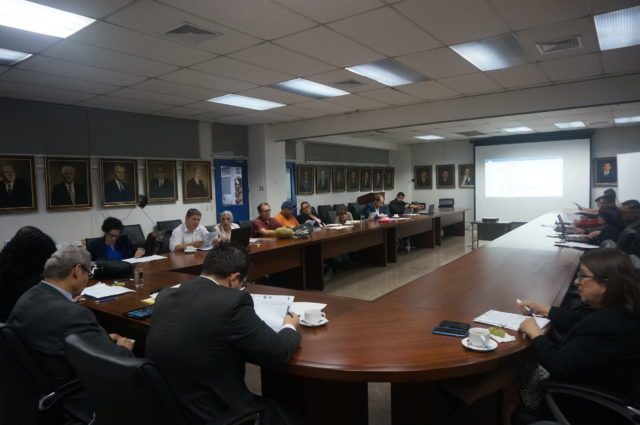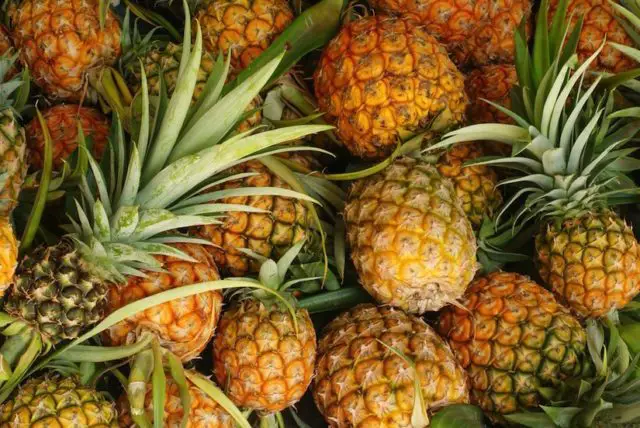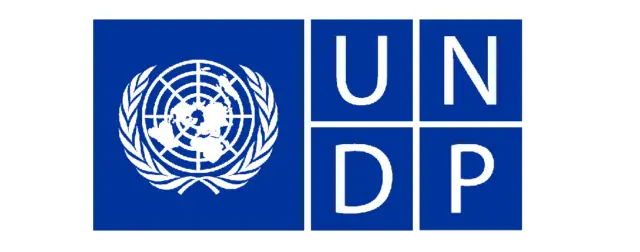Encouraging the incorporation of good agricultural practices, strengthening producer organizations, and promoting spaces for dialogs are some of the actions prioritized by the monitoring committee of the national initiative for pineapple crop sustainability. The prioritization was carried out by the Ministries of Agriculture and Livestock (MAG), Environment and Energy (MINAE), Labor and Social Security (MTSS), and Health (MINSA), together with community representatives from the Huetar Norte and Caribe regions, as well as representatives of more than 150 small producers of pineapple.

Ivannia Quesada, Vice Minister of MAG indicated that “this prioritization opens a new approach to the improvement of the pineapple sector of Costa Rica. In it, the pineapple growers, communal technicians, and representatives valued the impact and cost of each of the strategic actions formalized by the Executive Decree result that the priorities seek to encourage the incorporation of good agricultural practices, the strengthening of producer organizations, the promotion of spaces for dialog, the accountability between producers and neighboring communities, the development of a mechanism to differentiate them, and producers that are making continuous improvement efforts”.

Prioritization takes place at the 2nd Meeting of the National Committee for Following-up to Executive Decree N° 39462 MAG-MINAE-MINSA-MTSS, where the internal regulations of this committee were discussed, as well as the establishment of regional committees for the implementation of the Action Plan and the prioritization of the actions that will guide the work of this inter-institutional and inter-sectoral body. “The prioritization of actions, developed by specialists from the central MAG and regional offices in the Caribbean and North region together with producers and community representatives, supported by the United Nations Development Program (UNDP) is another milestone of the initiative”, said Juan Ricardo Wong, Spokesman of the Executive Secretariat of Agricultural Sectorial Planning (SEPSA).
On the other hand, Kifah Sasa, Assistant Resident Representative of UNDP in Costa Rica, considers that “It is a 1st and great step towards the implementation of the actions of this plan, worldwide pioneer and inspiring of other similar processes in Latin America, Asia, and Africa”.

With regard to the regulation, it was prepared with the inputs of legal specialists from the 4 participating ministries, representatives of producers, communities of the main pineapple producing regions, officials of the ombudsman’s office, and the agro-feeding sector. “This initiative allows us to find the route to reduce the conflict and problems associated with the cultivation of pineapple, looking for the best agricultural practices and better ways to control the problems. Reducing the environmental impact is also sought to enhance the positive impact on the generation of employment and wealth for the country. This also allows us to find the balance among production, environmental and social affairs”, said Luis Felipe Arauz Cavallini, Minister of Agriculture and Livestock.
